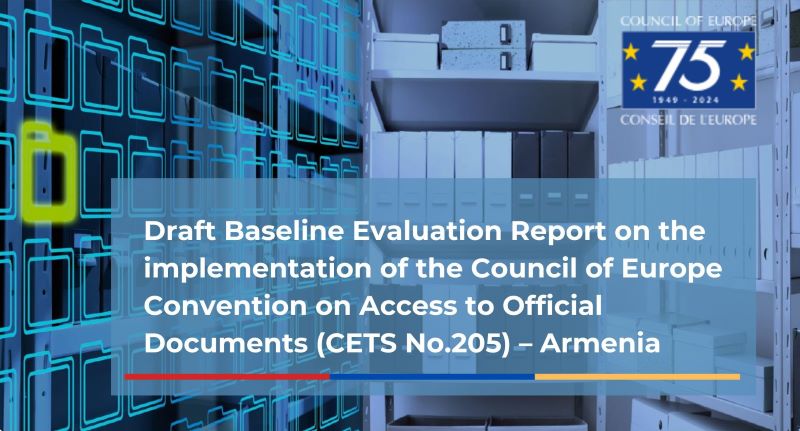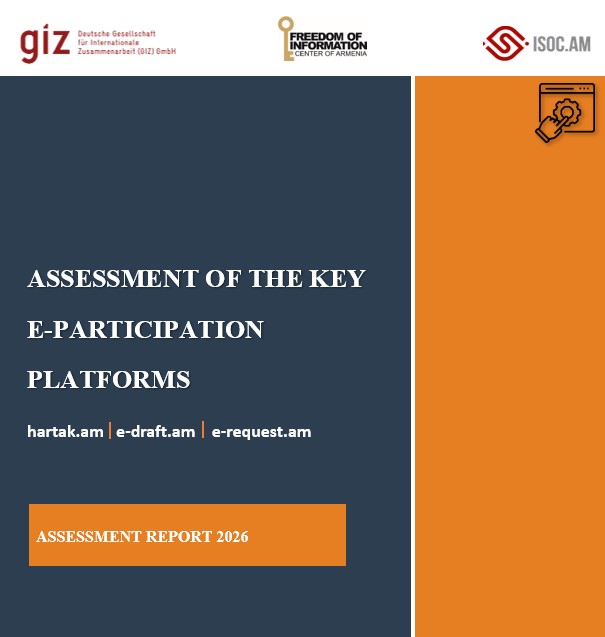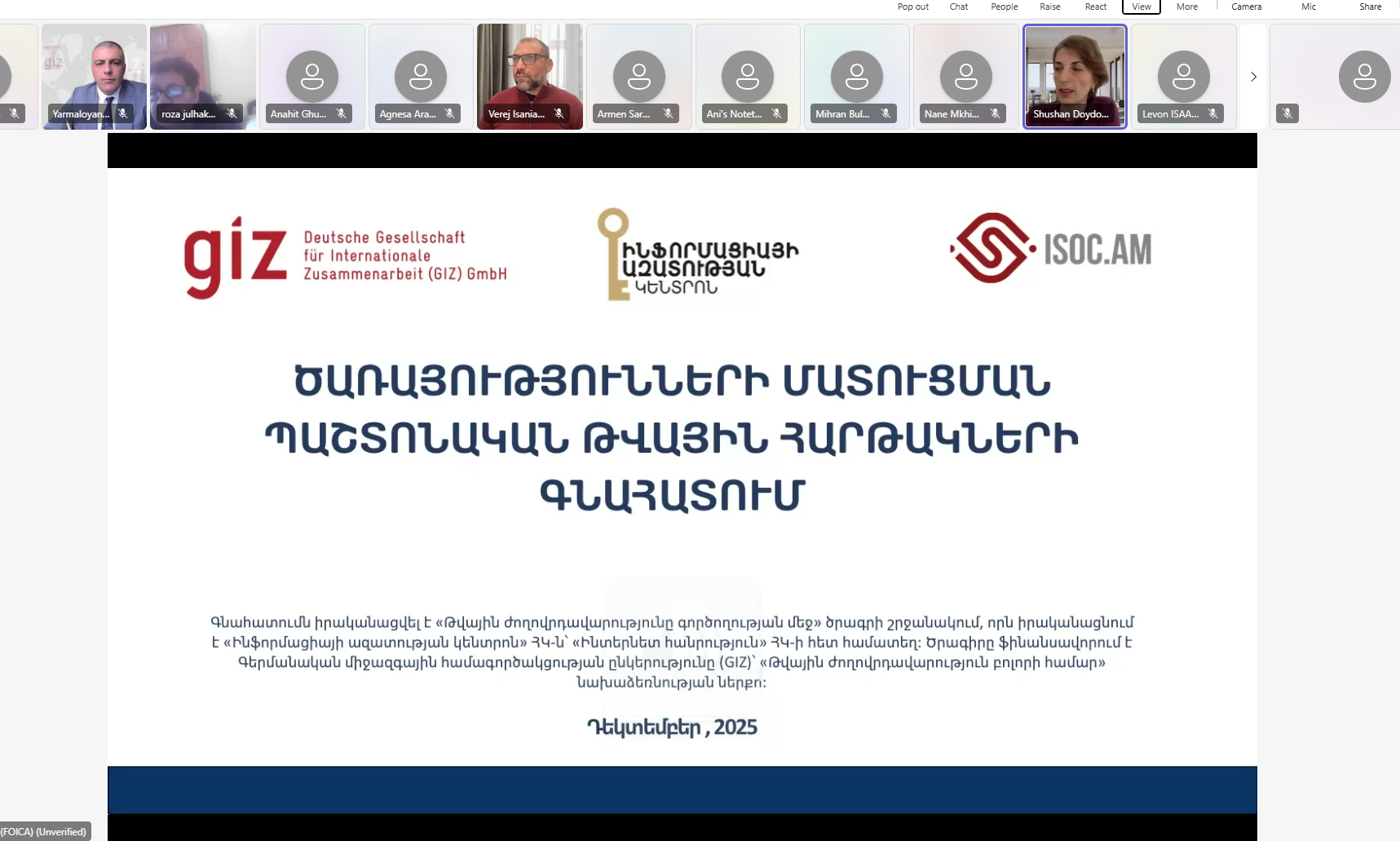Introduction
- The Council of Europe Convention on Access to Official Documents (CETS No.205, hereinafter “the Convention”) entered into force on 1 December 2020. It is the first binding international legal instrument to recognize a general right of access to official documents held by public authorities.
- The Convention lays down minimum obligations for its Parties on the scope of the right to access official documents upon request, the balancing exercise between the protection of the public interest in transparency and the protection of other legitimate rights and interests, the procedures for handling a request for access and the review of decisions. It also sets out other measures to ensure the transparency of public authorities’ activities such as those relating to the management of documents and publication of official documents at the authorities’ initiatives.
- An important added value of the Convention is its monitoring mechanism which consists of the Council of Europe Access Info Group (“the AIG”) and the Consultation of the Parties. The AIG is composed of a minimum of 10 and a maximum of 15 independent and impartial experts appointed based on their recognized expertise in the field of access to official documents. On 31 March 2022, the Consultation of Parties elected 10 members for four years, renewable once. The AIG’s task is to monitor the implementation of the Convention by the Parties, notably reporting on the adequacy of the measures in law and practice taken by the Parties to give effect to the provisions set out in the Convention.
- This report is part of the baseline evaluation carried out by the AIG based on the report submitted by Armenia under Article 14, paragraph 1, of the Convention. As a first step, the Party responded to a detailed questionnaire prepared by the Secretariat pending the election of the member of the AIG. The AIG later endorsed the questionnaire. [Another source of information for the work of the AIG is civil society. Therefore, it maintained contact with two international non-governmental organizations, namely Access Info Europe and Article 19, and received comments from the first on the information that the Party had provided. In the spirit of dialogue with the Parties to the Convention, the AIG requested comments from Armenia in the elaboration of the present report which were considered before its adoption. This report will be published together with any further comments received by the Party after its adoption.]
- The baseline evaluation focuses on the legislative act whose main objective is to regulate the right to access official documents, the Law on Freedom of Information1. Other specialized legislation, such as that on archives or legislation which may contain provisions that regulate access to specific types of information, for example, information containing personal data, information of relevance to national or public security, information belonging to the banking sector, is not analyzed in the present baseline evaluation. Such analysis would have required more complete information by the Party and an in-depth examination of numerous other laws which was not feasible in the current evaluation round carried out by the AIG covering 11 Parties to the Convention. The AIG, therefore, plans to evaluate the implementation of the Convention by its Parties in specific sectors in its subsequent evaluation rounds by its Rules of Procedure. Having considered the different approaches taken by the Parties, the AIG will adopt its position on the concept of “drawn up” provided for in Article 1, paragraph 2, of the Convention after its baseline evaluation.
- This report is intended to assist the Party in ensuring compliance with the Convention.









